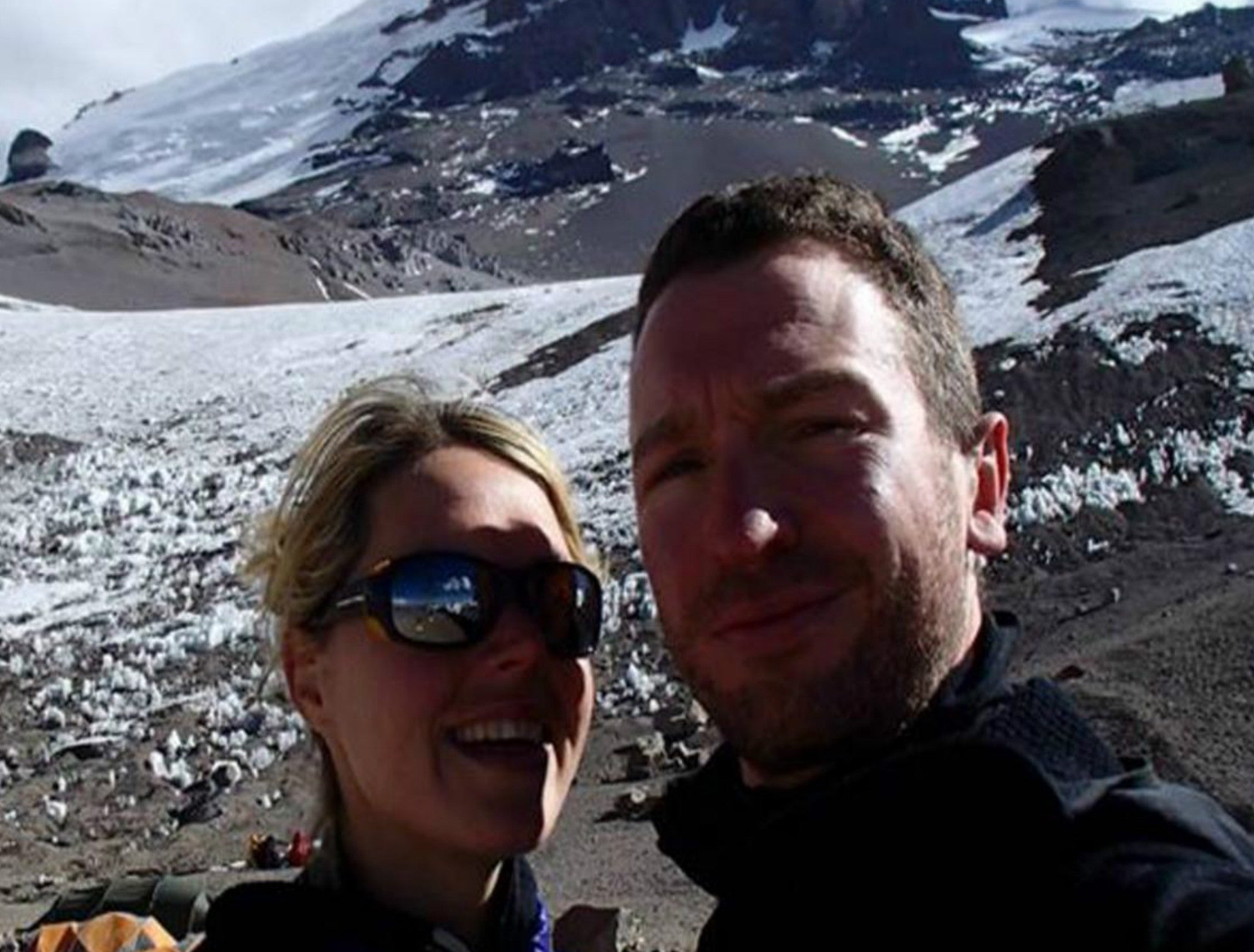The death of the vegan climber was a tragedy, but her diet was irrelevant
Altitude sickness can befall anyone, and surprisingly can’t be prevented by someone including bacon or butter in their diet

Over the last weekend three people died attempting to summit Mount Everest. Eric Ary Arnold, Subash Paul and Maria Strydom all lost their lives tackling the world’s tallest mountain – but many headlines have focused on Maria. Why? Because she was vegan.
Maria Strydom set out to climb seven summits in seven countries with her husband Robert Gropel, in an attempt to ‘prove that vegans can do anything and more’. Acknowledging the outdated stereotypes surrounding vegan diets (you know the ones), Maria’s journey was an attempt to dispel these, and show how healthy you can be on a vegan diet. This commendable motivation has resulted in a cruel media backlash.
Many headlines have opted to conflate Maria’s vegan diet with her death in a bid to stir controversy and gain clicks. (See: ‘Proud vegan climbs Everest to prove haters wrong, dies’ – or rather don’t, you’ll only encourage them). Such titles show a shameful lack of sensitivity, and are perhaps written with Facebook’s new ‘haha’ button in mind.
Other (better) reports acknowledge the fact that Maria was an experienced climber who had been in training for over a year, and had previously summited difficult peaks such as Mount Ararat in Turkey. But even in these more balanced pieces Maria’s veganism makes the headline, subtly or not so subtly implying that her lifestyle and her death were linked. This insinuation is completely spurious and unsubstantiated.
Far from dying of any kind of nutrient deficiency, Maria succumbed to altitude sickness. This is caused by ascent to high altitude, where the oxygen in the air becomes thinner, resulting in hyperventilation, nausea and exhaustion. Altitude sickness can befall anyone, and surprisingly can’t be prevented by someone including bacon or butter in their diet.
Vegans can absolutely get everything they need from their diets, while simultaneously avoiding many products which have been proven to be bad for the health. Remember the World Health Organisation’s report last year on the carcinogenic properties of processed meat?
The evidence around the disease preventative qualities of the vegan diet is now extensive. Vegans have a lower risk of heart disease, type 2 diabetes, stroke and arthritis. Vegans are also more likely to eat food higher in fibre and lower in saturated fats, and to meet the recommended 8-10 portions of fruit and vegetables daily.
However, misinformation about vegan diets is still an issue. The good news is that all it takes to debunk these myths is a quick Google of the phrase ‘vegan athlete’. Go on. Give it a go. Check out Fiona Oakes, who achieved three marathon world records in 2013, and is missing one of her kneecaps. Look up Tim Shieff, multiple time Ninja Warrior champion who can casually bust out a 100km run.
Still in need of convincing? Take a look at Patrik Baboumian, who smashes weightlifting records and is built like a Lord of the Rings cave troll. All of these athletes have spoken out about the strength – both physical and mental – that their vegan diet affords them, reporting it gives them a competitive edge, along with greater endurance and reduced recovery time.
As evidenced by the high number of fatalities of Everest climbers, anyone is susceptible, no matter their diet. Maria Strydom’s death was not due to her veganism, but was a tragedy that could have happened to anyone, no matter how strong, healthy or sensible they are.
Elena Orde is the Editor of The Vegan magazine


Join our commenting forum
Join thought-provoking conversations, follow other Independent readers and see their replies